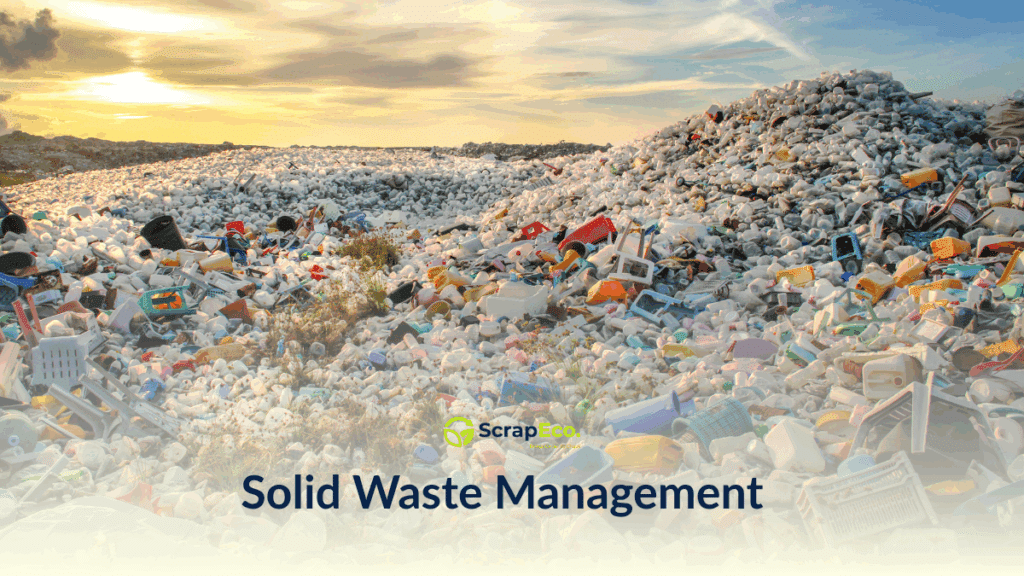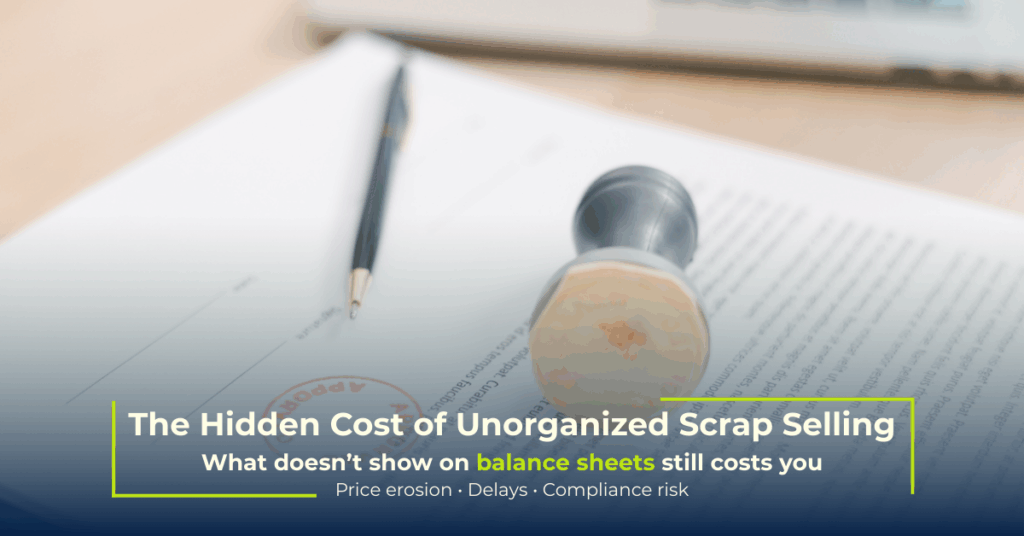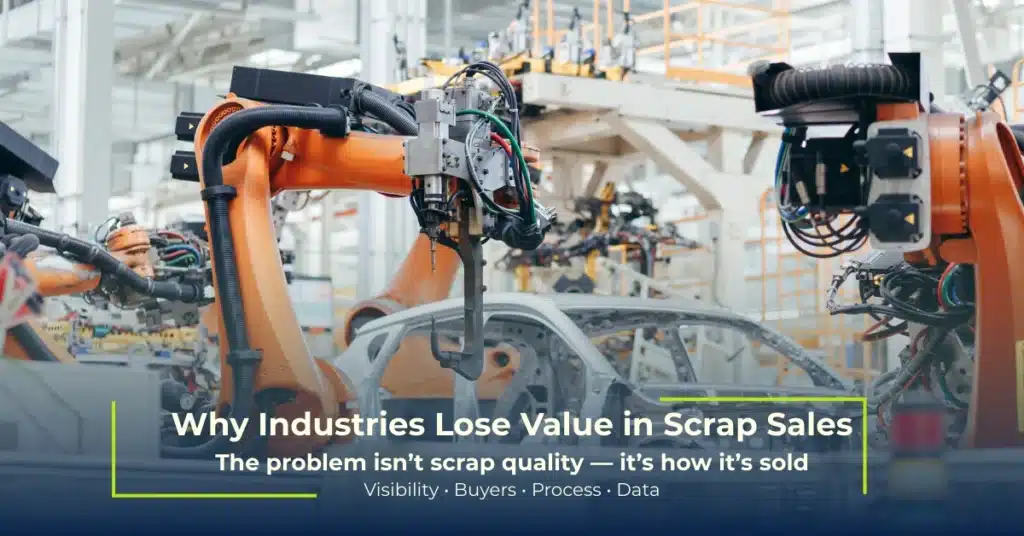Every morning, thousands of sanitation workers across India sweep, collect, and sort what we throw away without a thought. But here’s the uncomfortable truth, the story of our waste doesn’t end at the bin. It starts there. Solid waste management isn’t just about keeping cities clean. It’s about protecting public health, conserving resources, and building sustainable urban systems that can handle the pressure of rapid growth.
What Exactly Is Solid Waste?
Solid waste is the byproduct of everything we consume or produce. It’s not just “garbage” it’s a mix of materials with different values and risks. There are various types of solid waste :
- Municipal Waste: Everyday trash for eg – food, paper, packaging, plastics.
- Industrial Waste: Sludge, chemicals, and scrap from factories.
- Hazardous Waste: Batteries, paints, medical waste.
- Construction Waste: Concrete, bricks, metal, and wood from demolition sites.
- Organic Waste: Food leftovers, leaves, and other biodegradable materials.
When we mix all of this, we lose the chance to recycle or compost effectively. That’s the first mistake most cities make.

What Are The Challenges We Face :
India generates around 160,000 tonnes of municipal solid waste daily. Yet, only about 75% is collected, and less than 30% is processed scientifically. The rest often ends up in open dumps, polluting land and water. Here’s why we still struggle:
- Inadequate Infrastructure: Many cities still depend on outdated collection systems.
- Lack of Segregation: Waste mixed at source becomes nearly impossible to recycle.
- Low Public Awareness: Many citizens still treat waste as “not my problem.”
- Funding Gaps: Urban local bodies often lack budget for proper facilities.
- Hazardous & E-waste Mismanagement: Toxic chemicals contaminate soil and water.
- Landfill Overflow: Existing dumpsites are beyond capacity and emit harmful gases.
What Are Its Consequences :
Poor waste management isn’t just ugly, it’s dangerous.
- Health Risks: Open dumping attracts pests and spreads infections.
- Air Pollution: Burning garbage releases toxins and particulate matter.
- Water Contamination: Leachate from waste seeps into groundwater.
- Climate Change: Landfills release methane, a potent greenhouse gas.
- Resource Loss: Every item not recycled means more raw materials extracted from nature.
Essentially, we’re not just wasting waste — we’re wasting potential.
What’s Working And What Can We Do :
The good news? India has made visible progress. The Swachh Bharat Mission sparked awareness, and cities like Indore, Mysore, and Ambikapur have become models of efficient waste systems. Their success comes down to three things: segregation, accountability, and innovation.
- Reduce at Source: Choose minimal packaging, say no to single-use plastics, and buy only what’s needed. Prevention is the cleanest form of management.
- Segregate at Home: Three simple bins; wet, dry, and hazardous. Make all the difference. Segregation ensures recyclables aren’t ruined by food waste.
- Compost Organic Waste: Kitchen scraps and garden waste can turn into compost for plants or community gardens. It’s simple, odor-free, and cuts landfill waste drastically.
- Recycle and Recover: Paper, plastic, glass, and metals can be reprocessed into new products. Waste-to-energy projects can handle non-recyclables if emissions are well-managed.
- Improve Landfills: Replace open dumps with engineered landfills that have liners, leachate systems, and methane capture technology.
- Leverage Technology: IoT-enabled bins, GPS tracking for collection, and AI-based sorting can modernize municipal systems. Startups in India are already leading in this space.
- Policy and Accountability: The Solid Waste Management Rules, 2016, mandate segregation and extended producer responsibility. But compliance depends on awareness and consistent enforcement.
- Community Participation: Real change happens when citizens own the process. RWAs, schools, and corporations can run awareness drives, recycling camps, or composting workshops.
Final Thoughts To Ponder Upon :
Here’s the thing, solid waste management isn’t just a government duty; it’s a shared responsibility. The system works only when citizens cooperate, industries take responsibility, and local bodies stay transparent. Indore’s transformation didn’t happen overnight. It happened because people cared. Door-to-door collection, strict segregation rules, and daily monitoring turned it from one of India’s dirtiest cities to its cleanest.
If one city can do it, others can too, but it starts at home.
Waste isn’t the enemy. Our attitude towards it is. The next time you throw something away, ask yourself if it really belongs in the trash. Every small act of segregation, composting, or recycling contributes to a larger change.
A cleaner, healthier, and greener India isn’t a dream. It’s a habit, built by one conscious choice at a time.


